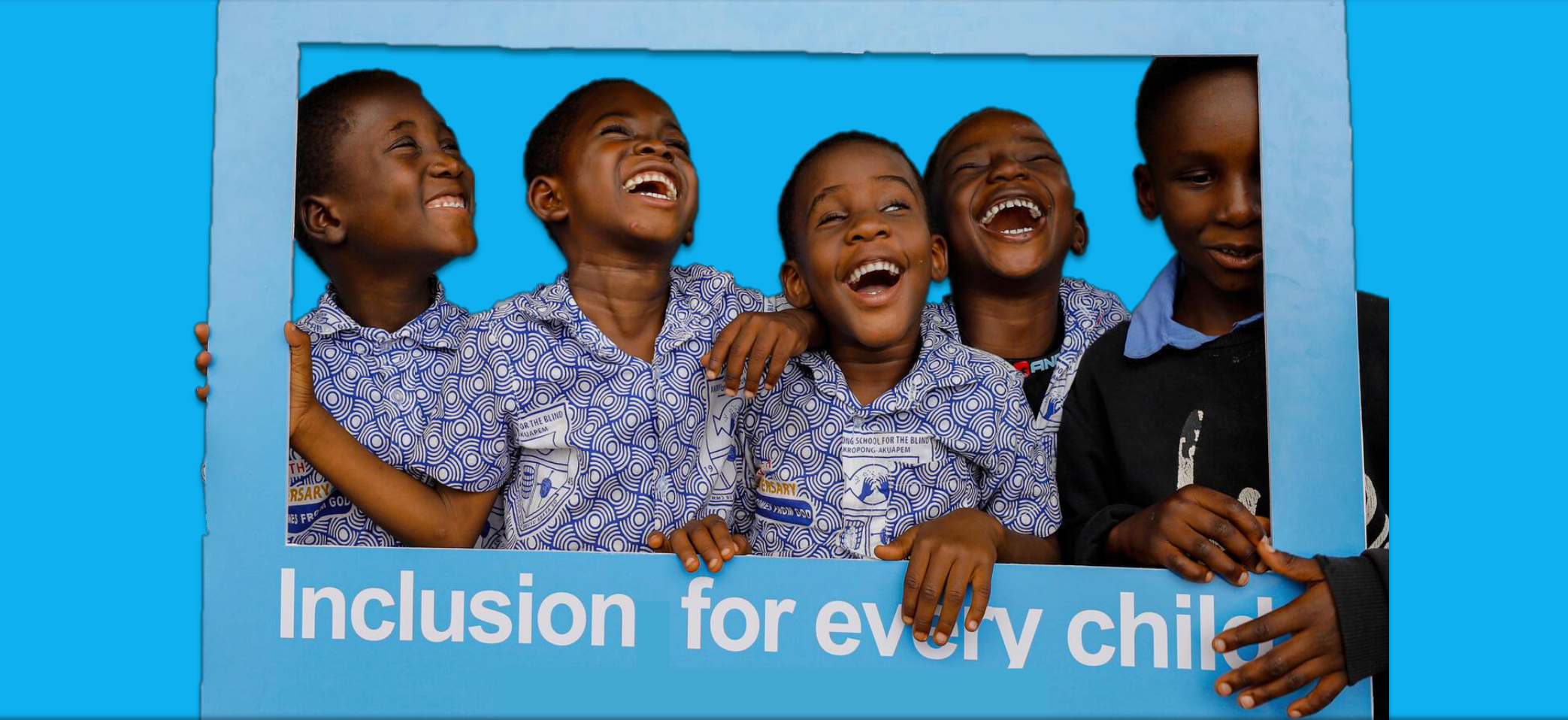This year, EaZyHold was so honored to be part of a presentation by UNICEF about accessibility and universally designed products.
In a world where over 15% (which is more than 1 billion) people have disability, not all products and services we use in our daily lives incorporate designs that consider the wide range of human abilities or make them more universally friendly. This is especially true when considering children with disabilities.
Children around the world with disabilities are 47% more likely to be out of primary school and 49% more likely to have never attended school. This is why it is so important to make quality education more accessible to children of all abilities.
7 Criteria of Universal Design
A universally designed product should meet seven criteria:
- Equitable use
- Flexibility in use
- Simple and intuitive use
- Perceptible information
- Tolerance for error
- Low physical effort
- Size and space for approach and use
Organizations That Use EaZyHold

We highlighted some of the organizations around the world that have benefitted from using EaZyHold, including:
Human Dreams Children’s Village in Tanzania provides medical intervention, rehabilitation, nutrition, schooling, and activities for children with disabilities who have lost their parents or have been abandoned.
Manos de Heroes is a non-profit organization in Uruguay is dedicated to making completely free 3D printed hands and arms for children and adults who were born with limb differences or experienced amputations.
Centro Interdisciplinar de Terapias Lúdicas is a sensory camp and therapy center for Autism and Neuro Pediatrics in Brazil. Movement through play drives learning in children, building dexterity, and practicing fine and gross motor skills.
Other Great Presenters
Rachel Cooper, Julie De Barbeyrac, and Tania Gonzalez Veiga from UNICEF presented on how to make digital learning more accessible by implementing an Accessible Digital Textbooks Initiative. They emphasized that more accessible digital learning would “promote quality, equitable, and inclusive education for all.”
Other presenters included Caitlin McKenney and Tom DiAgostino from TechOwl, Pennsylvania’s Assistive Technology Act program. TechOwl uses 3D printing and battery interruption techniques to make cost effective adaptive toys for children with physical disabilities.
TechOwl shared this quote:
“Accessibility is more than just adherence to a law. It’s an ethos that values different ways of being in the world.” –Alice Wong
Kayla Hetherington, director of The Shoe That Grows gave a great presentation on how the shoe has been used on prosthetic limbs in countries that have been impacted by poverty.


1 comment
Matiria Netana
Legitimate Crypto Recovery Experts in USA – Go To Alpha Recovery Experts
The best crypto recovery company, ALPHA RECOVERY EXPERTS is a leading recovery expert dedicated to assisting victims of investment fraud, forex scams, crypto scams recover back their lost money. ALPHA RECOVERY EXPERTS combines blockchain technology and specialized investigative procedures that guarantees your lost cryptocurrency will be recovered. If you have lost crypto to a fraudulent investment company, ALPHA RECOVERY EXPERTS has the necessary tools and expertise to recover it.
Homepage; Alpharecoveryexperts.com
Whatsapp or Call; +44(745)742-4681.
Email; Alpharecoveryexpert@consultant.com
Cryptocurrency Scam Recovery // Crypto Assets Recovery // Reclaim Lost or stolen Crypto Funds // Crypto investment Scam Recovery. How To Hire A Hacker To Get Back Stolen Crypto Coins // Hire A Hacker To Recover Lost Or Stolen Bitcoin // Crypto recovery services near me // Hire a Bitcoin Recovery Expert // Bitcoin Recovery.